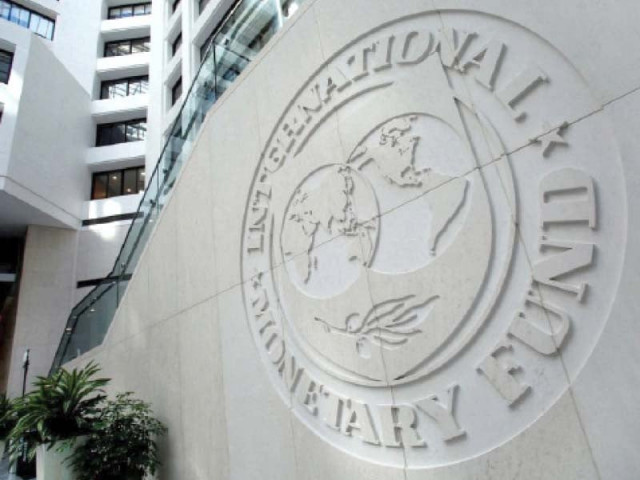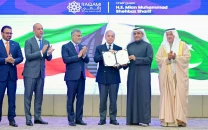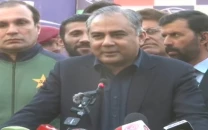Pakistan, IMF to resume talks today on crucial funding
Duration of the talks cannot be confirmed but we intend to wrap these up at the soonest, says Finance Secretary

Talks between the International Monetary Fund (IMF) and Pakistan will resume virtually on Monday, a Pakistani official said, as the two sides look to reach a deal to unlock funding critical to keep the cash-strapped country afloat.
The two could not reach a deal last week and a visiting IMF delegation departed from Islamabad after 10 days of talks, but said negotiations would continue. Pakistan is in dire need of funds as it battles a wrenching economic crisis.
"Duration (of the talks) cannot be confirmed but we intend to wrap these up at the soonest," Finance Secretary Hamed Yaqoob Sheikh told Reuters in a text message, confirming that talks were resuming on Monday.
Talks centre around reaching an agreement on a reforms agenda under the country's $6.5 billion bailout programme, which it entered in 2019. An agreement on the ninth review of the programme would release over $1.1 billion.
Read more: No breakthrough in IMF talks
Pakistan's international bonds slipped again on Monday after having suffered sharp falls on Friday following news that a deal with the fund had still to be reached.
The dollar-denominated 2025 bond saw the biggest declines, falling nearly 2 cents in the dollar before clawing back some losses to trade down 1.4 cents at 48.1 cents by 0900 GMT, Tradeweb data showed.
Pakistan's foreign exchange reserves held by the central bank have fallen to $2.9 billion, barely enough to cover three weeks of imports. A resumption of the IMF programme would also unlock other avenues of funding for Pakistan.
An agreement, if reached, would still need to be cleared by the IMF board.
What has Pakistan agreed with the IMF?
On Friday, Finance Minister Ishaq Dar said that the country has agreed with the IMF on the conditions to release $1.1 billion in critical funding, adding that the payout was delayed due to "routine procedures".
Below are the key points Pakistani authorities say they have already reached agreement on with the IMF:
The government will implement fiscal measures, including taxation, to raise Rs170 billion worth of revenue.
The government's existing commitments to increase petroleum levies will be completed. Diesel levies will be raised twice by 5 rupees per litre each time on March 1 and April 1.
Energy reforms suggested by the IMF will be discussed and approved by Pakistan's cabinet. This would include Pakistan completely slashing its circular debt - a form of public debt that builds up in the power sector due to subsidies and unpaid bills.
Eliminating circular debt entirely was not an immediate requirement. In the meantime, Pakistan would not add any circular debt related to gas.



















COMMENTS
Comments are moderated and generally will be posted if they are on-topic and not abusive.
For more information, please see our Comments FAQ